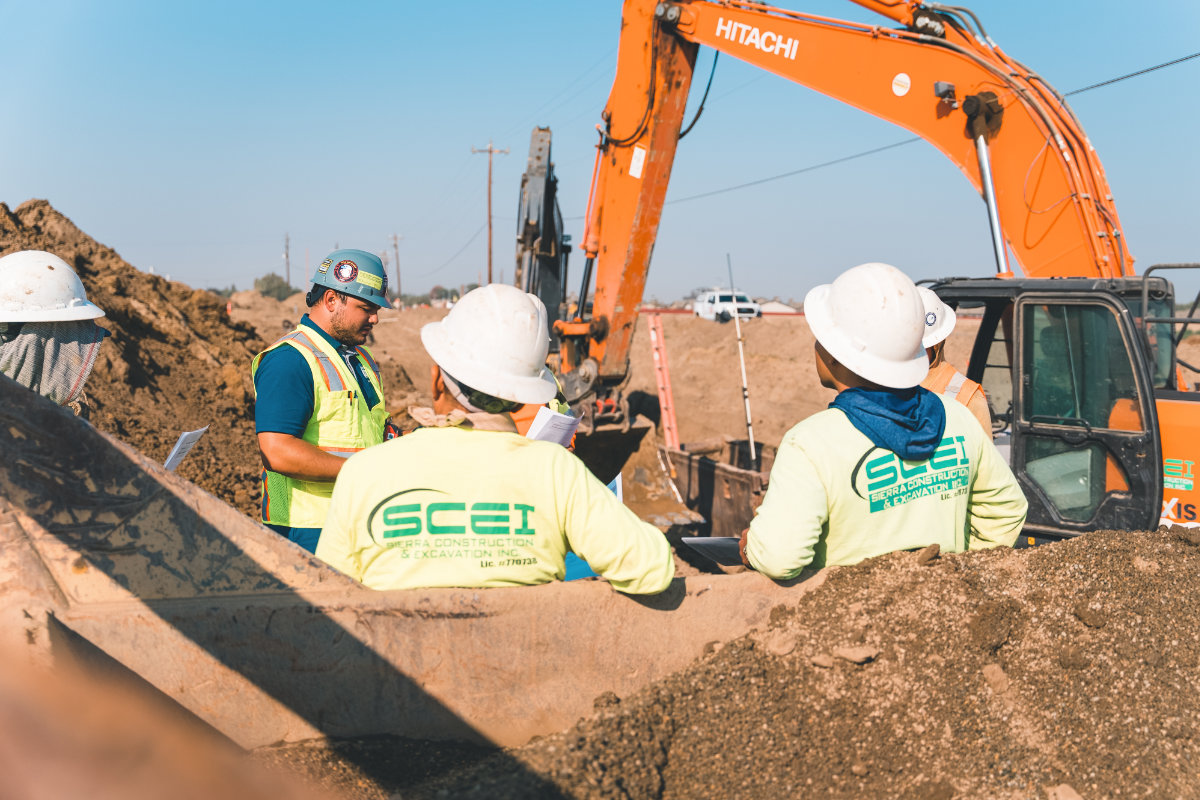1. Introduction The case SC/FR/135/2023 was filed by Sierra Construction Ltd. in the Supreme Court of Sri Lanka, invoking its fundamental rights jurisdiction. The petitioner contested the decision made by the Road Development Authority (RDA) and associated respondents, who rejected its bid for the rehabilitation and improvement of the B367 Piliyandala-Maharagama Road. The petitioner claimed that this decision was unfair, non-transparent, and in violation of its fundamental rights under Articles 12(1) and 14(1)(g) of the Sri Lankan Constitution.
2. Background of the Case The project, funded by the OPEC Fund for International Development (OFID), was part of a larger road development initiative. The procurement process required bidders to demonstrate their capacity to handle projects of similar size and nature. The Ministry Procurement Committee (MPC) and the Technical Evaluation Committee (TEC) deemed Sierra Construction Ltd.’s bid as “substantially non-responsive,” ultimately awarding the contract to Maga Engineering (Pvt) Ltd., which had the lowest evaluated bid price.
3. Key Legal Issues
- Whether the rejection of the petitioner’s bid was lawful and consistent with the National Procurement Guidelines and the Bidding Document.
- Whether the respondents’ decision violated the petitioner’s fundamental rights under Article 12(1) (right to equality) and Article 14(1)(g) (right to engage in lawful business).
- The significance of procedural compliance in bid evaluation and award decisions.
4. Arguments by the Petitioner Sierra Construction Ltd. contended that:
- Its bid was substantially responsive and met all required criteria.
- The bid price offered was lower than that of the awarded contractor, indicating possible bias or irregularities.
- The rejection was arbitrary and lacked proper justification, thereby violating Article 12(1) of the Constitution.
- The notice of award failed to provide necessary details per Clause 39.2 of the Bidding Document and Clause 8.5 of the National Procurement Guidelines.
- The failure to provide adequate reasons for rejection contravened the principles of natural justice.
5. Arguments by the Respondents The Road Development Authority and other respondents countered that:
- The petitioner’s bid was rejected due to non-compliance with the “Contracts of Similar Size and Nature” requirement.
- The rejected bid primarily involved rural road projects, whereas the contract at issue was an urban B-grade road with complex specifications.
- The evaluation was conducted per the procurement guidelines and was not solely based on price but also on technical capabilities and past experience.
- The petitioner failed to exhaust the available appeal mechanisms before filing the fundamental rights application.
- The notice of award was published on the RDA website, fulfilling the notification requirements under OFID procurement rules.
6. Court’s Analysis and Decision The Supreme Court examined:
- The applicability of fundamental rights jurisdiction in procurement matters.
- The role of expert committees in bid evaluation and whether the Court could interfere in technical determinations.
- The petitioner’s failure to establish a legitimate expectation of contract award.
The Court held that:
- The procurement process adhered to the legal framework, and decisions were backed by expert evaluation.
- Price alone is not a decisive factor; quality and experience are equally important.
- The petitioner failed to demonstrate that the rejection was arbitrary or unlawful.
- No fundamental rights violation was established under Articles 12(1) and 14(1)(g).
Accordingly, the Court dismissed the application without costs.
7. Key Takeaways and Legal Precedents
- The Supreme Court reaffirmed the principle that fundamental rights jurisdiction is not a remedy for commercial disputes unless there is clear arbitrariness or discrimination.
- The case underscores the importance of procedural compliance in public procurement, ensuring transparency while upholding merit-based selection.
- Legal challenges to bid rejections require strong evidence of procedural flaws or discrimination.
- The judgment aligns with prior case law, including Wijesinghe v. Attorney General and Jayawardena v. Dharani Wijayathilake, reinforcing the limits of judicial intervention in technical procurement decisions.
8. Conclusion SC/FR/135/2023 highlights the judicial approach towards procurement-related disputes in Sri Lanka. The ruling underscores the importance of procedural regularity, expert evaluation, and adherence to national and international procurement guidelines. The decision serves as a precedent that procurement-related grievances should first be addressed through internal mechanisms before invoking fundamental rights jurisdiction.
Read Full Judgement














